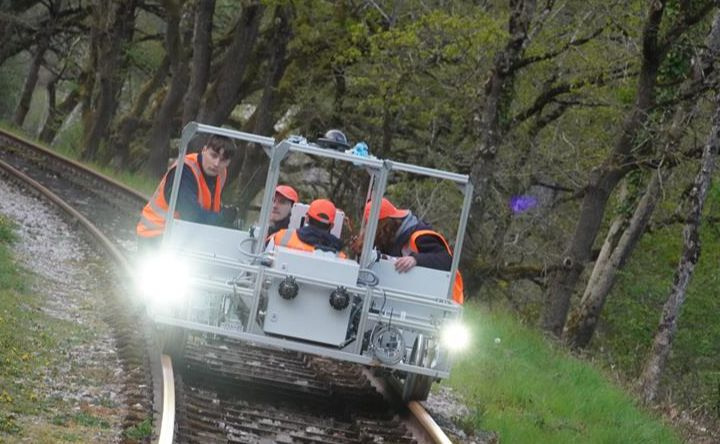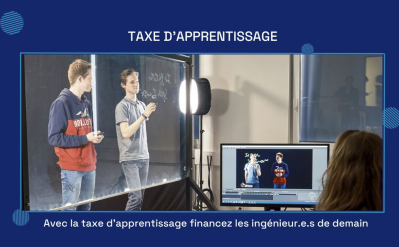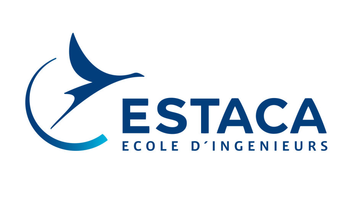News

Testing the experimental rail vehicle
An experimental rail vehicle to facilitate experiments and research for the train of tomorrow
For the past 3 years, as part of the PIFE (Projet d'Ingénierie Fédérateur) program, students have been experimenting with the design of an experimental 100% electric rail vehicle with energy recovery. After the first 2 years of designing and improving their prototype, the class of 2024-2025 is now focusing on the vehicle's reliability, running characteristics and endurance, with the aim of achieving a range of 1,000km.
A vehicle entirely designed and built as part of an academic project
The aim of the project is to design, manufacture and test a lightweight, reliable rail vehicle, running on a reduced scale, to meet the needs of industrialists and enable them to carry out their own experiments.
This year, 20 students and several alumni mentors, supervised by Marc Ciais, class of 2003, SNCF engineer and head of ESTACA's rail course, carried out trials in real-life conditions to validate their design and respond to issues specific to the industrial partners: SNCF voyageurs and IKOS Lab. These tests took place on the Caen - Flers line, which was closed to passengers in 1970 and bought by the Amicale pour la mise en valeur de la ligne Caen-Flers (ACF).
A unique educational experience
For the first time, a specific group has been set up to supervise the other student groups, each of which focuses on a different aspect of the vehicle (technical, performance, etc.), and to oversee links with the project's industrial partners.
Numerous developments have been implemented in the vehicle since last year, some inspired by other means of transport such as the automobile.
"You can't be a good engineer without knowing how to get your hands dirty".
Joska, student working on the project.
See the France 3 Normandie report
















No comment
Log in to post comment. Log in.